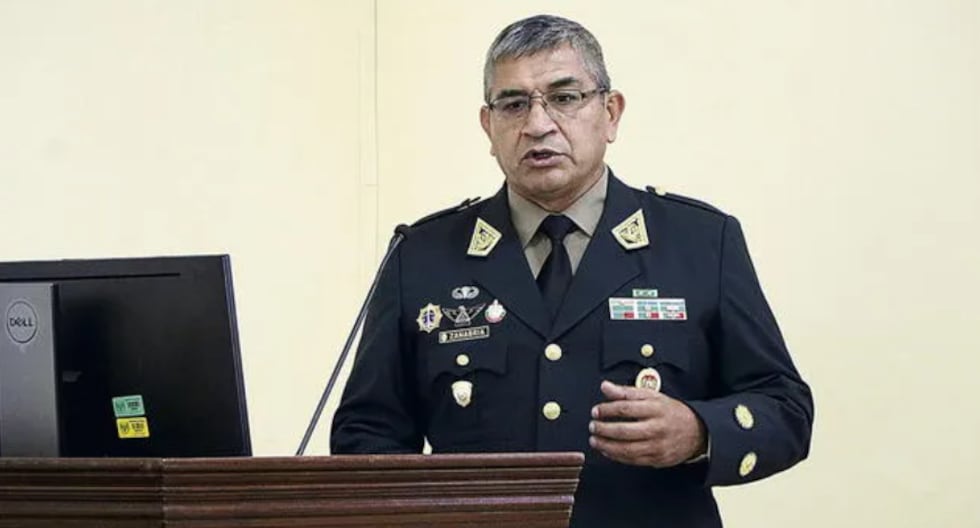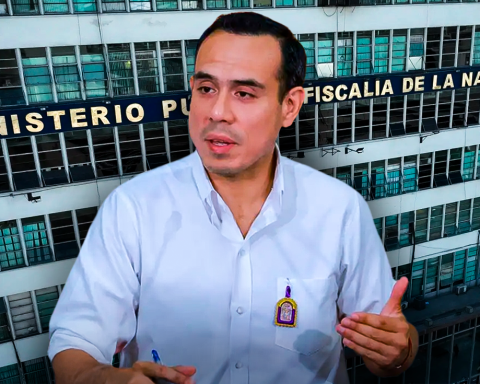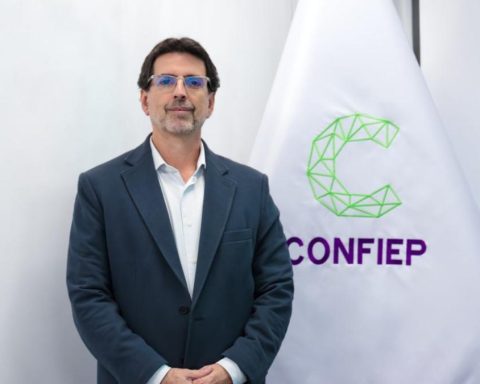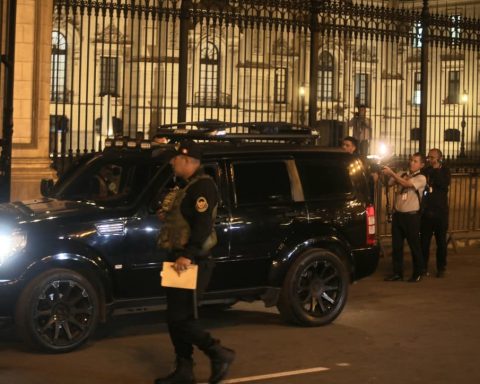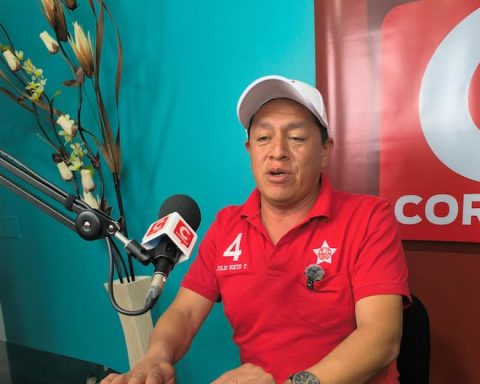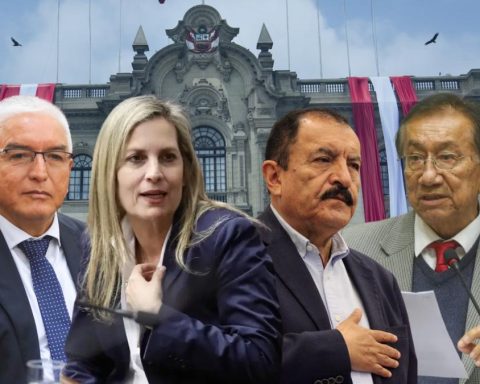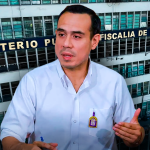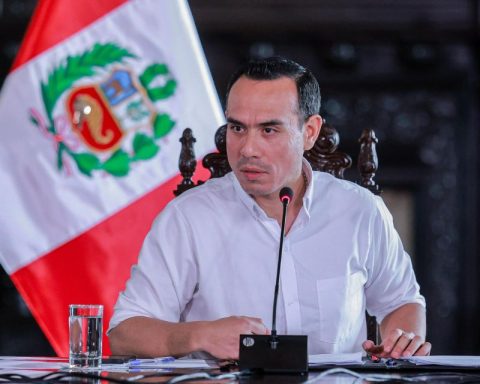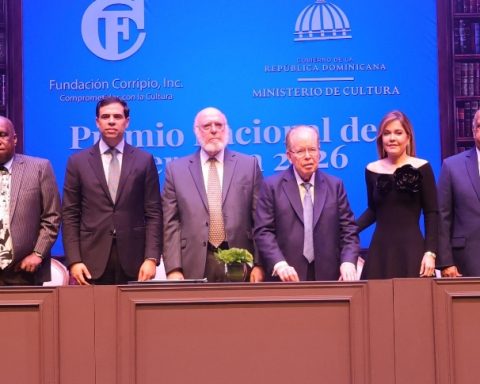The commander general of the Peruvian National Police (PNP), Victor Zanabria, said on Monday that the growing wave of extortions affecting public transport companies has its roots in the informality of the sector and the reluctance of victims to report the incidents to the authorities.
In an interview with RPP, Zanabria explained that unfair competition from informal transport, which offers lower fares, has created an environment conducive to the proliferation of extortion activities.
However, the police chief stressed that another factor that makes the fight against extortion difficult is the lack of complaints from the affected companies. He gave as an example the case of the company El Chino, which publicly denounced being a victim of extortion, but did not file a formal complaint with the PNP.
In light of this situation, the PNP has taken a series of measures to combat this scourge. It has agreed with public transport companies to formalize extortion complaints and has implemented preventive actions such as sending undercover agents in public transport units. Likewise, patrols have been intensified on the routes where the attacks have been reported.
Zanabria warned that the dissemination of extortions in the media can generate the opposite effect to that desired, by fostering fear and anxiety among transporters. According to the general commander, the dissemination of these facts contributes to creating a climate of insecurity that forces companies to pay extortions without reporting them.
Finally, Zanabria proposed classifying acts of extortion as “urban terrorism” and applying more severe sanctions to those responsible.
